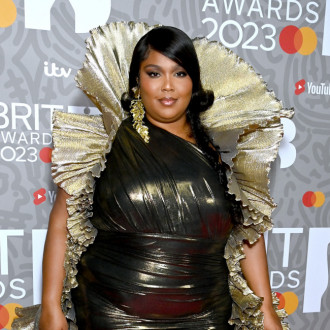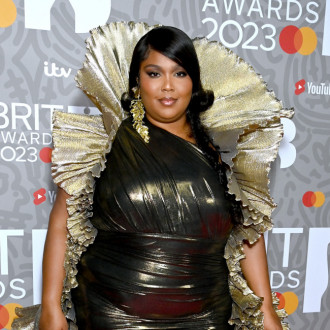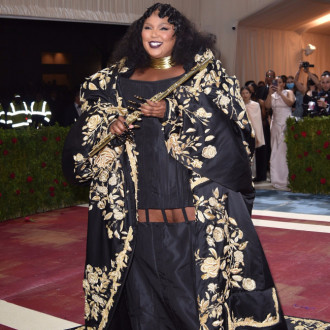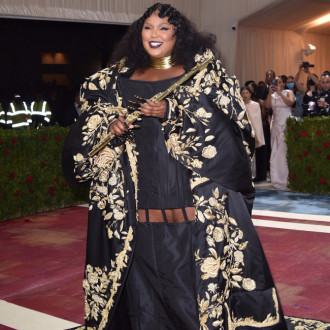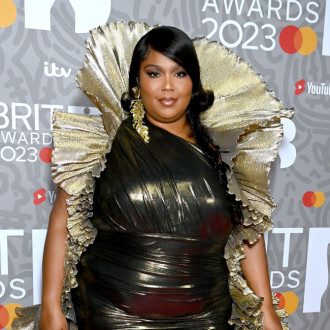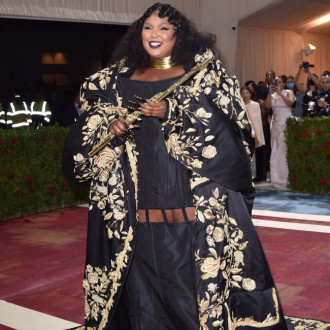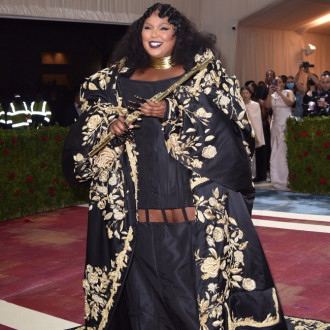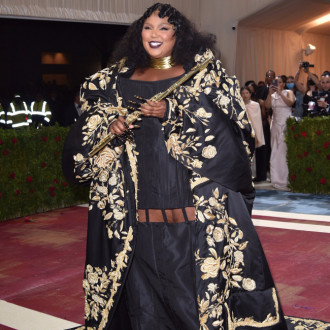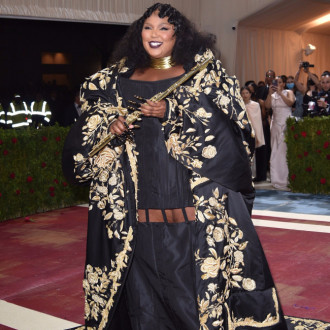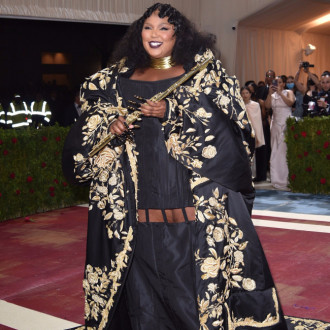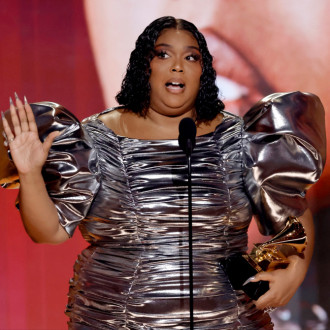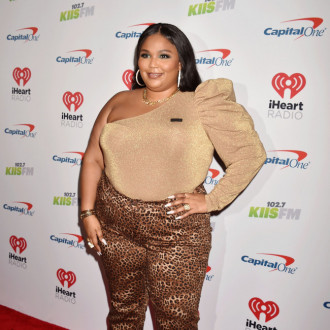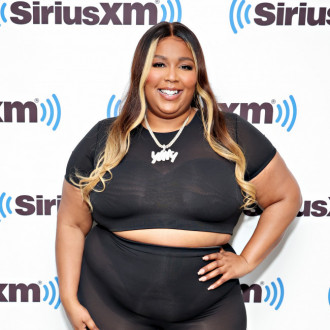Why Lizzo's smoothie cleanse is dividing fans on social media (and why she deserves a break)
By Holly Mosley in Music / Festivals on 15 December 2020
The singer came under fire for her 10-day detox.
So here's the thing: We all know that fad diets are ineffective in the long term and often come with a number of health risks, and frankly any celebrity out there promoting them for the purpose of weight loss should be held accountable. However, Lizzo is not one of those celebrities.
 Lizzo at the NAACP Image Awards 2020 / Photo Credit: SIPA USA/PA Images
Lizzo at the NAACP Image Awards 2020 / Photo Credit: SIPA USA/PA Images
The 32-year-old popstar came under fire this week when she shared on social media that she was undergoing the JJ Smith 10-Day Green Smoothie Cleanse, followed by videos of her showing off the results on her body. Unsurprisingly, a number of critics came out of the woodwork to share their opinion on her lifestyle choice.
Many criticised her for promoting an unhealthy diet, branding her irresponsible and pointing out how harmful a smoothie diet can be in the long-term. They're not wrong on that front; if you drink only smoothies for a month or more you are going to lose weight, but you are also going to be deficient in a number of nutrients that cannot be provided by green smoothies alone.
But Lizzo isn't doing a 30-day smoothie diet. She did a 10-Day Green Smoothie Cleanse which is completely different in its effects on the body. This is a detox rather than a long-term (or even short-term) diet suggestion, and while there's no scientific evidence that it is any better for you than, say, eating fruit and vegetables and upping your water intake, there's also no evidence to suggest that drinking smoothies for a little over a week is going to harm you in any way if you are have no serious health concerns.
Guess what #Lizzo can do what the fuck she want to do I know not any of y’all paying her bills boo If she want to lose weight let her pic.twitter.com/IQI1aKJzcR
— Sip Slow With Kiy (@SipKiy) December 14, 2020
If you're on a long-term weight loss mission, it's probably not a good idea to start with a smoothie detox. But only to save your disappointment; as soon as you switch to a sustainable diet, weight loss will slow down considerably, and you may even put a few of those lost pounds back on.
Saying that, nowhere did Lizzo mention that she was intending to lose weight using this method. As far as we can gather, it was simply a route she chose to reset her body after an unhealthy trip to Mexico, and the fat loss benefits were the least of the appeal.
"I feel like as a big girl people just expect if you are doing something for health you're doing it for a dramatic weight loss and that is not the case", she said in a video, needlessly justifying her choices. "In reality, November stressed me the f**k out. I drank a lot, I ate a lot of spicy things and things that f**ked my stomach up and I wanted to reverse it and get back to where I was.
"I'm so proud of myself, I'm proud of my results", she continued. "My sleep has improved, my hydration, my inner peace, my mental stability, my f**king body, my f**king skin, the whites of my eyes. I feel and look like a bad b***h. And that's it. I'm a big girl who did a smoothie detox. And I wanted to share that with you guys. I got exactly what I wanted out of it, and every big girl should do whatever the f**k they want with their body."
When it comes to this idea that she was "promoting" an unhealthy diet to her fans, really all we can see her doing was sharing her experiences with a detox that worked for her. However, that is far from the only criticism she received. Others took offence that she would suggest a "diet" at all, when she has been such an icon for the body positivity movement and a heroine for her curvier fans.
Lizzo says she’s happy with her weight. Y’all = mad. Lizzo says she wants to lose weight and get healthy. Y’all = mad. When will you people leave her alone and let her do what she wants? pic.twitter.com/W4ABmE3eMM
— nunyuhbusiness (@hijabimoon) December 15, 2020
The response to those comments have been to mention that Lizzo has never officially claimed to be a central figure of the body positivity movement; she's simply a larger woman who loves her body and wants others to love theirs too, no matter what size or shape they are. Frankly, even if she had changed her mind about her feelings regarding her body, seeing such a thing as a betrayal is just another way people try to claim ownership over her public image for their own satisfaction, without considering the fact that Lizzo is just another human being, changing and growing like anyone else.
Race has also come into the conversation, with people comparing Lizzo's situation with that of Adele's. People congratulated Adele on her weight loss, some are saying, but are attacking Lizzo's for hers. This isn't entirely true, of course; Adele had her critics too and we've lost count at the number of "she looked better before" comments we've seen. Plus, Adele has been largely private about her health journey, while Lizzo has directly promoted a product and displayed the results specifically for people to see, which kind of invites some kind of commentary.
But even if we take this argument out of the equation, that doesn't mean there aren't racial implications to this attack on Lizzo. Many have pointed out that black women are often unfairly held to standards which they never wanted or asked for themselves. As one Twitter user suggested: "So Lizzo wants to do some diet or whatever, and folks are mad. And it's obvious why. They love the image of a FBW [fat black woman]."
This is my take on lizzo going on a diet pic.twitter.com/o86quZADBk
— Ash (@officialtomboi2) December 15, 2020
There is a degree of truth to this idea that black woman are expected to represent themselves as role models for their young fans more often than white women in the same professions. Rihanna, for example, has been forced to remind people multiple times that she is not trying to be a role model, whenever she has been criticised for posting photos of herself smoking, drinking and sometimes semi-naked on her social media accounts.
We cannot force the expectation of infallibility on other humans, regardless of their position in society. And while we know that celebrities' actions will undoubtedly have an influence on their fans, we cannot always hold them responsible for other people's choices.
Contactmusic

